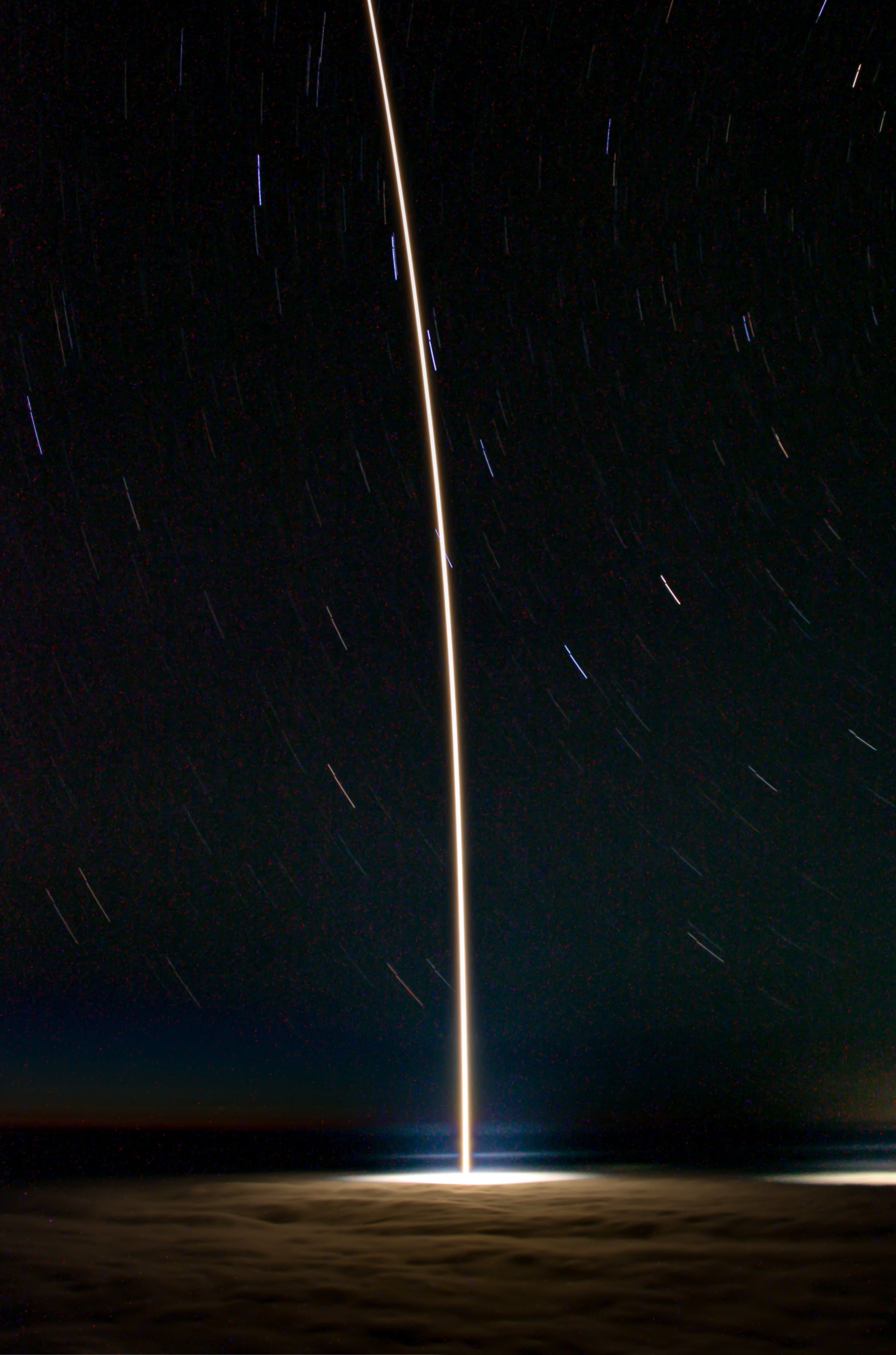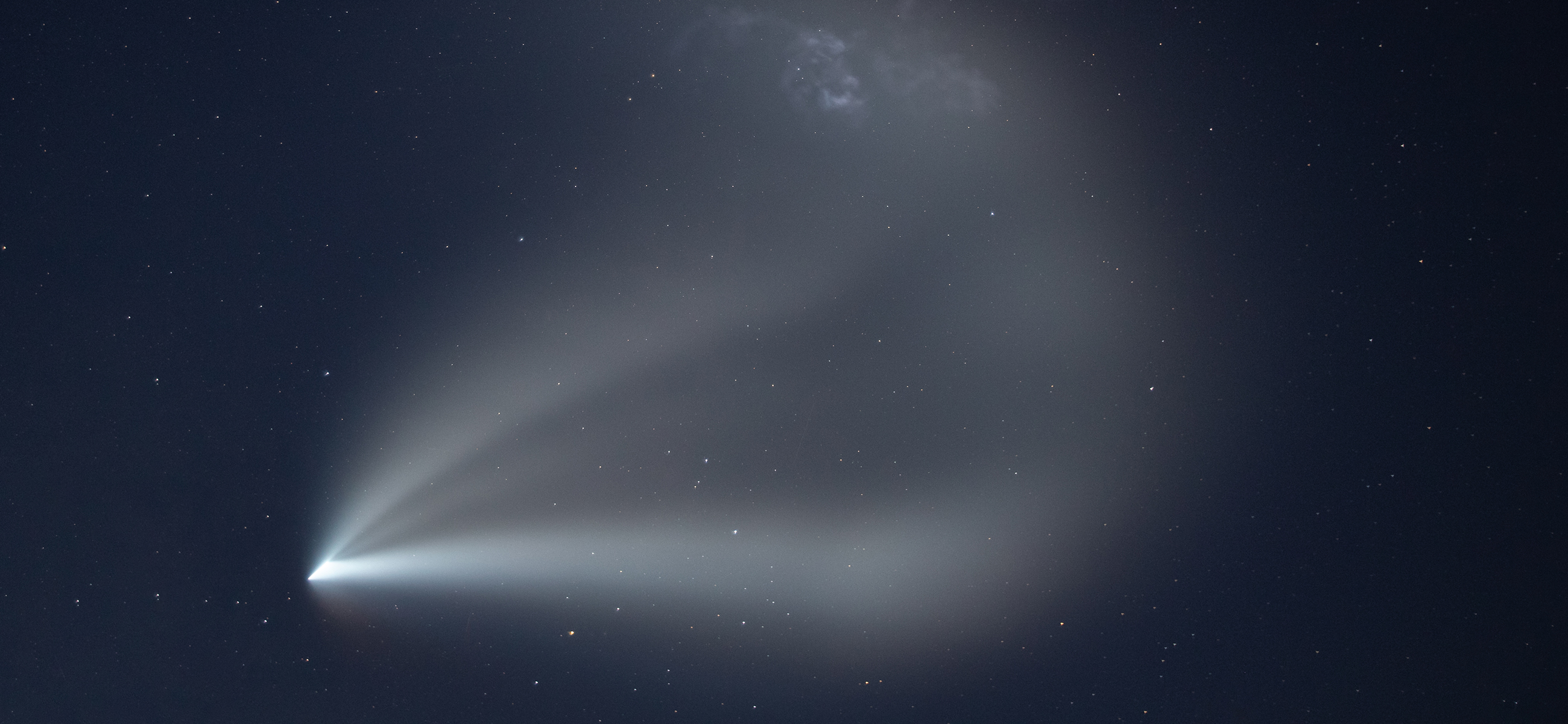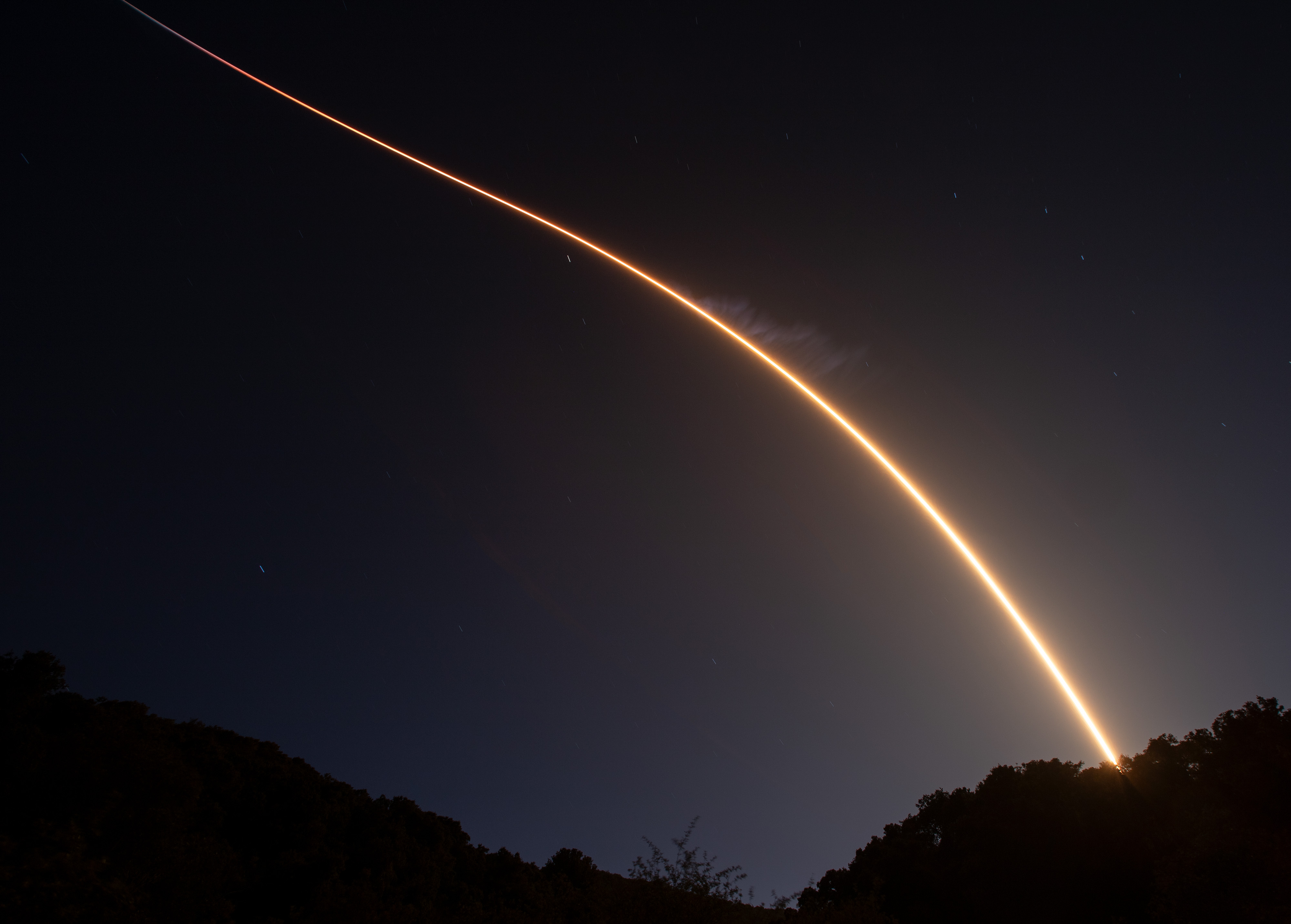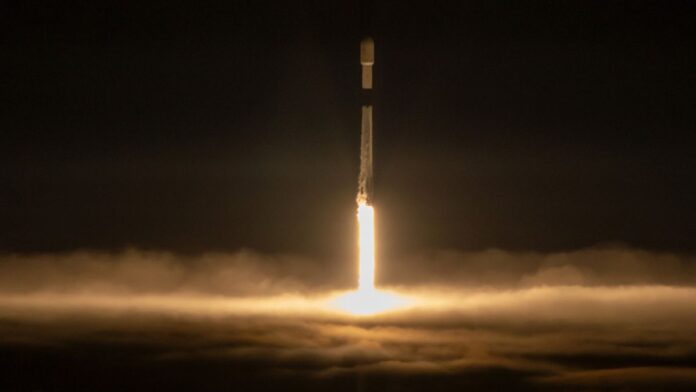SpaceX sure knows how to photograph a rocket launch.
SpaceX launched 15 of its Starlink satellites into orbit overnight, steadily adding to the company’s broadband megaconstellation. Liftoff of the Falcon 9 rocket occurred at 12:09 a.m. EDT, June 20 (0409 GMT, 9:09 p.m., July 19, local California time), from SpaceX’s facilities at Vandenberg Space Force Base.
This was the 10th liftoff for this booster, and the 48th launch so far this year for SpaceX. Approximately 9.5 minutes after launch, the rocket’s first stage successfully landed on SpaceX’s autonomous drone ship Of Course I Still Love You, located in the Pacific Ocean.
Related: 8 ways SpaceX has transformed space travel
Vandenberg, which is known for being generally foggy and overcast for the majority of the launches it sees, experienced an unusually clear night, with only a thin layer of fog covering the launch area.
A few hours after launch, SpaceX tweeted some photos of Falcon 9’s ascent that gorgeously capture the rocket’s picturesque journey to orbit.

The 15 Starlink satellites were delivered to low Earth orbit (LEO), where they will contribute to the expansion of SpaceX’s enormous satellite internet network.

SpaceX has launched nearly 4,500 Starlink satellites to date, and has clearance to increase that number up to 12,000.

The company’s ultimate goal for their internet service are much loftier, however, as they are currently seeking approval to increase the megaconstellation by an additional 30,000 satellites.

Earlier this morning, SpaceX tweeted another round of photos from last night’s launch, which further captures Falcon’s fiery liftoff against California’s starry night sky.
As their steady routine of rocket launches continues, the next Starlink mission is scheduled in just two days. On Saturday (July 22), SpaceX will launch another batch of the satellites from Launch Complex-40, at Cape Canaveral Space Force Station in Florida at 7:31 p.m. EDT (2331 GMT).

